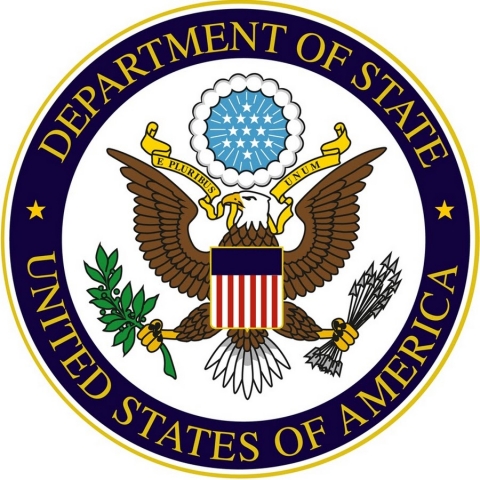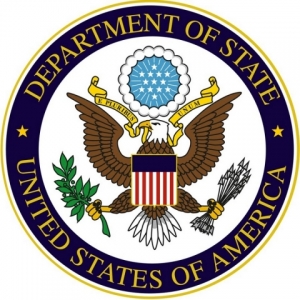U.S. State Department Commends Georgia’s Efforts to Fight Terrorism
The U.S. Department of State has released a report concerning Georgia’s efforts in combating terrorism.
“In 2014, Georgia continued its robust engagement with the United States across a range of counterterrorism-related issues and remained a strong U.S. counterterrorism partner. However, there are continuing concerns about Georgia as a transit and source country for international terrorism,” the report says.
“Media reported that, as of December, between 50 and 100 Georgian nationals from the Muslim-majority regions of Adjara and the Pankisi Gorge were fighting in Syria and Iraq for either al-Qa’ida affiliates or the Islamic State in Iraq and the Levant (ISIL), including senior ISIL commander Tarkhan Batirashvili (aka Omar al-Shishani)”. The report reads. “Given Georgia’s geographic location, violent Islamist extremists continued to transit through the country between the Russian Federation’s North Caucasus and Syria and Iraq,” it continued.
The U.S. State Department underlined the continued efforts of Georgia to enhance its counterterrorism legislation in 2014: “In April, the Georgian government amended the Criminal Code to criminalise participation in international terrorism, recruitment for membership in a terrorist organisation, and failing to hinder a terrorist incident.”
The report also acknowledges Georgia’s hard work towards strengthening its overall border security, in part due to its goal to attain visa-free travel to the EU. “However, Tbilisi’s lack of control over its Russian-occupied territories of South Ossetia and Abkhazia, harsh terrain, and a continuing tense relationship with Moscow limited the country’s ability to secure its northern border but with significant U.S. support, the Georgian Coast Guard is now better equipped to patrol the country’s maritime borders, with the exception of Russian-occupied Abkhazia’s coastline,” notes the report.
Some regional cooperation between the neighbouring countries of Georgia was also mentioned in the report in terms of sharing cross-border terrorism-related information with its neighbours Turkey, Armenia, and Azerbaijan – through police attaches and working-level interaction at border crossings.
As for international cooperation, the report mentions Georgia’s active engagement on counterterrorism issues at the international, regional, and bilateral levels, and its participation in regional organisations such as the Council of Europe Convention on the Suppression of Terrorism and the Organisation of Black Sea Economic Cooperation, and the GUAM including Organisation for Democracy and Economic Development.
“In 2014, Georgian law enforcement officials participated in counterterrorism-related training and capacity-building exercises with the Governments of Turkey, the UK, Israel, and Slovakia, as well as with the George Marshall Center in Germany, the OSCE, and the UN,” adds the report.
There were other important aspects covered in the report such as integration of different religious and ethnic groups: “the Muslim-majority Adjara region already enjoys significant autonomy, and legislation passed in February gives more autonomy to municipalities and villages, including in the Muslim-majority Pankisi Gorge.”
In addition, the Georgian government’s willingness to make amendments to the Criminal Code and other relevant legislation related to terrorism (to fully implement UN Security Council Resolution 2178) was emphasised: “The country would benefit from additional legislation to allow for the creation of a means to identify and sanction individuals who are not included on UN sanctions list and to improve the Georgian government’s ability to prosecute terrorism cases.”
Steven Jones












